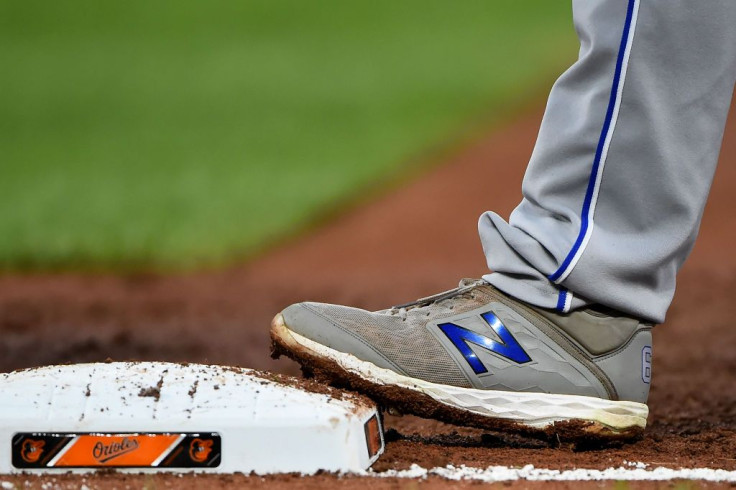New Balance Joins Blockchain, Uses Cardano For Users To Authenticate Sneakers

New Balance will be utilizing the power of a "third-generation blockchain," Cardano, to combat counterfeits of its sneakers as the two join forces to form a strategic partnership.
Over the weekend, IOHK CEO Charles Hoskinson announced the deal with the American footwear brand. New Balance's move to adopt blockchain technology is aimed at preventing counterfeiting of its products. In 2017, a Chinese court awarded New Balance $1.5 billion in damages when it had found that a local company, 'New Boom,' copied New Balance's logo. According to Hoskinson, New Balance confiscated about 25 million pairs of fake sneakers in 2018.
Cardano's role will be to assist New Balance with the authentication, but Hoskinson sees more. The system can be used to identify factories that are cheating or scheming on the side. According to Decrypt, "it will also create an effective secondary market for luxury goods, by authenticating produce, and even produce royalties or fees that go back to the original manufacturer."
The partnership also comes at a convenient time for the Swiss-based platform as it also launched its testnet, conducted before a blockchain project runs on the main blockchain.
When Cardano launches, it is going to be the first peer-reviewed blockchain and built on scientific philosophy. It is said that Cardano improves the three issues of the first and second-generation blockchains -- scalability, interoperability, and sustainability.
Bitcoin belonged in the first-generation blockchain and Ehtereum in the second.
Notably, the use of ADA, Cardano's cryptocurrency for settling transactions, is absent in much of the plan.
Numerous U.S. companies have already adopted the blockchain technology like FedEx, BurgerKind, Microsoft, IBM, and Walmart.
In the U.K., companies like Accenture and DHL have teamed up to "tracks pharmaceuticals from the point of origin to the consumer" in six regions using blockchain in 2018. The Co-operative Food Group did the same thing with Provenance in 2017. The Royal Bank of Scotlands and Barclays also used blockchain to cut down the time it takes for property transactions to be completed.
© Copyright IBTimes 2024. All rights reserved.




















